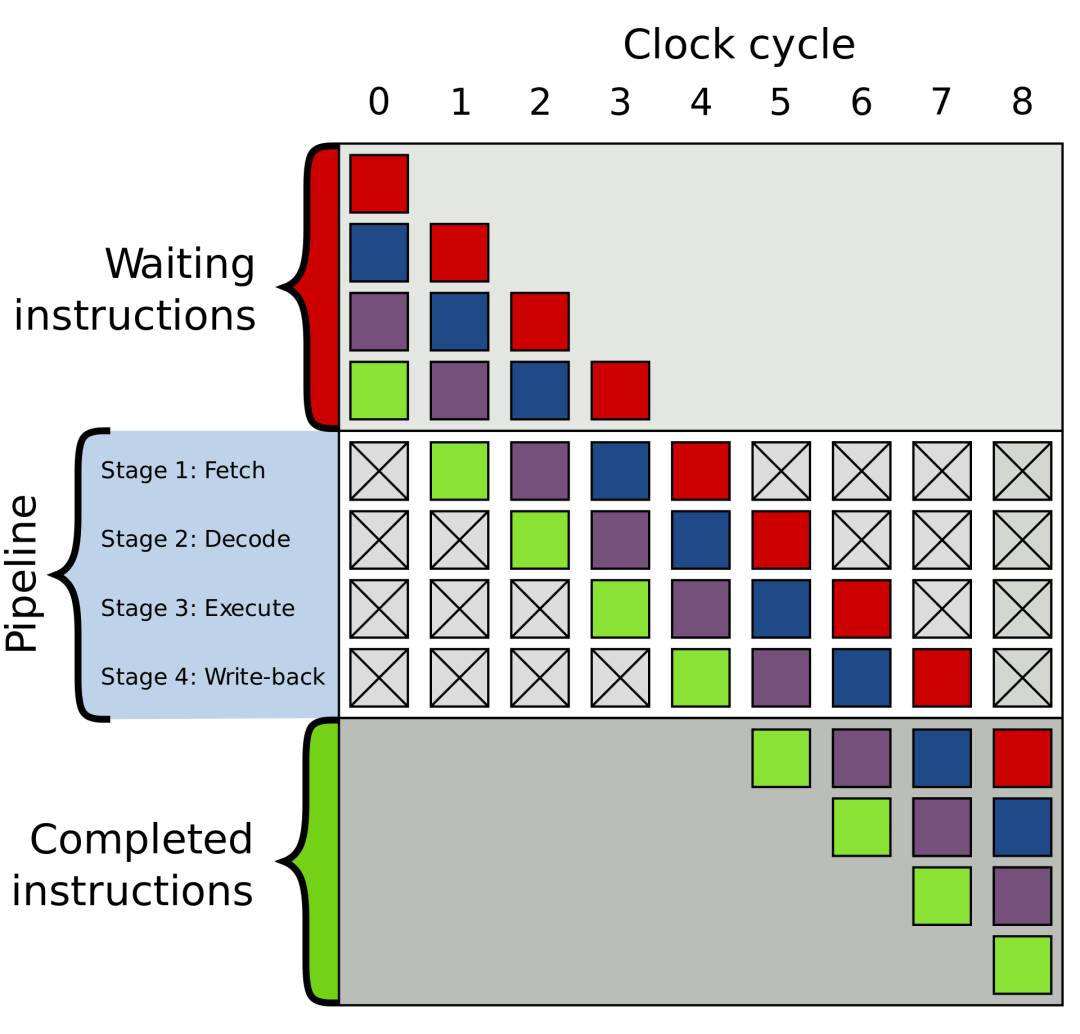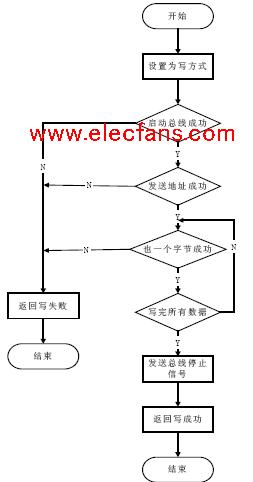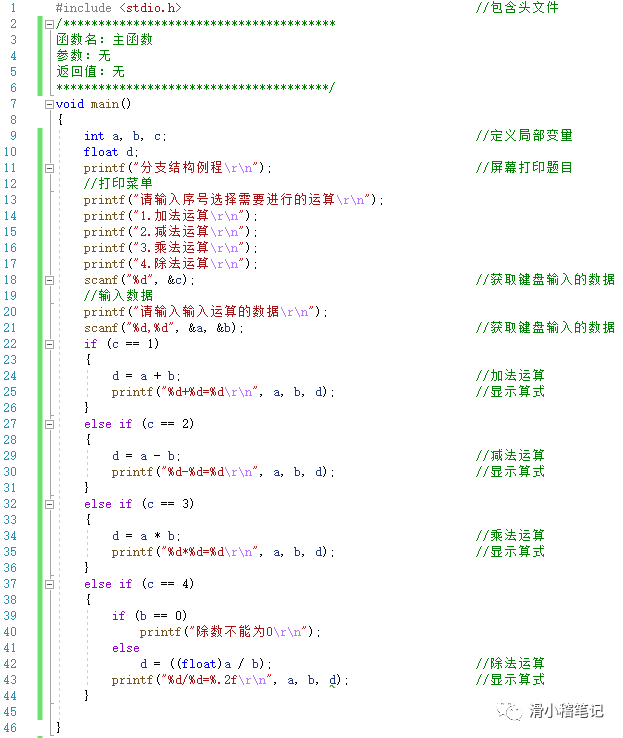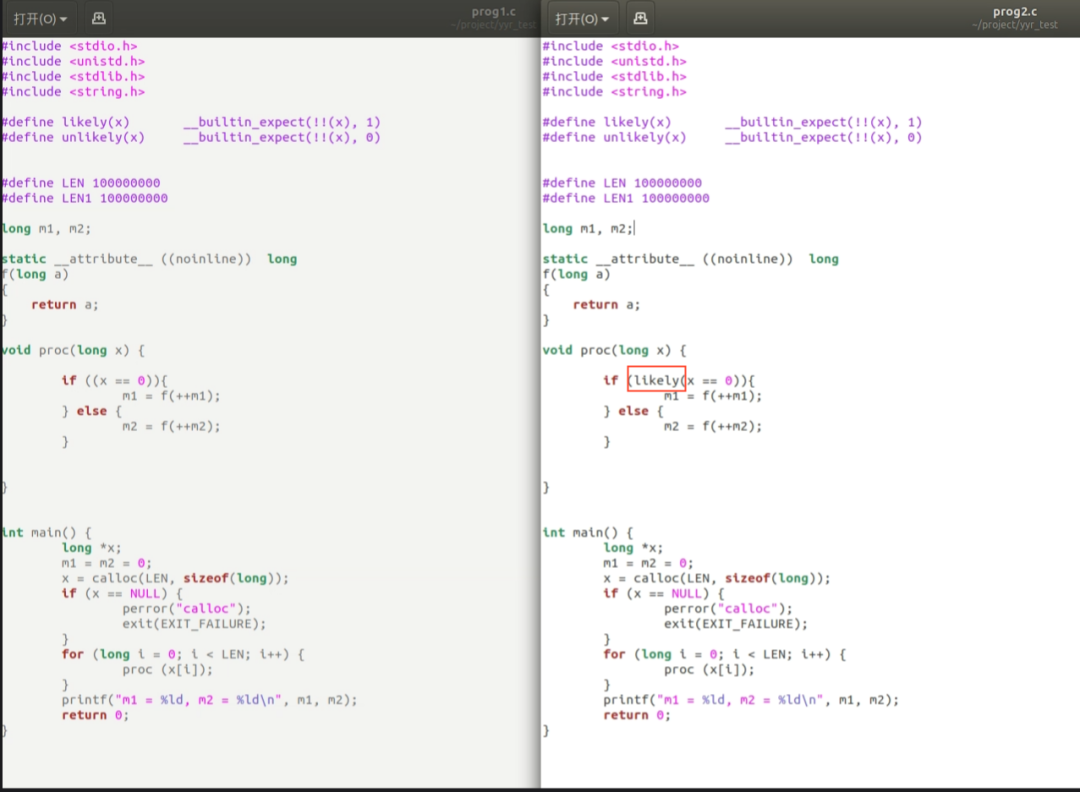分支预测的英文名字是“Branch Prediction”,如果大家在Google上搜索这个关键字,可以看到关于分支预测的很多内容。不过,要搞清楚分支预测是如何工作的,才是问题的关键。
?
分支预测对程序的影响
??
下面,我们先来看两段代码。
?
代码1:
?
#include?
?
执行结果:?
@ubuntu:/data/study$ g++ fenzhi.cpp && ./a.out
21.6046
sum = 314931600000
?
代码2:?
#include?
?
执行结果:?
@ubuntu:/data/study$ g++ fenzhi.cpp && ./a.out
8.52157
sum = 314931600000
?
第一段代码生成随机数组后,没有进行排序;第二段代码对随机的数组进行排序,执行的时间上发生了非常大的差异。?
究竟发生了什么事情?
??
导致他们结果不同的原因,就是分支预测。 ?简单来说,分支预测是CPU处理器对程序的一种预测,和CPU架构有关系,现在的很多处理器都有分支预测的功能。 ?CPU在执行这段代码的时候:?
if?(data[c] >= 128) sum += data[c];
?
CPU会有一个提前预测机制,比如前面的执行结果都是true,那么下一次在判断if的时候,就会默认由true来处理,让下面的几条指令提前进入预装。
?
当然,这个判断不会影响实际的结果输出,这个判断只是为了让CPU并行执行代码。
?
CPU执行一条指令分为几个阶段:
?

?
既然是分阶段执行,也就是我们正常说的pipeline(流水线执行)。 ?流水线的工人只要完成自己负责的内容就好了,没有必要去关心其他的人处理。 ?如果我有一段代码,如下:?
int?a = 0;
a?+= 1;
a?+= 2;
a?+= 3;
?

?

?
从这个图上我们可以看到,我们认为是在执行 a = 0结束后,才会执行a+=1。 ?但是实际CPU是在执行a=0的第一条执行后,马上就去执行a+=1的第一条指令了。 ?也就因为这样,执行速度上得到了大幅度的提升。?但对于if() 语言,在没有分支预测的时候,我们需要等待if()执行出现结果后才能继续执行下一个代码。
?

?
如果存在分支预测的情况:?

?
通过比较我们可以发现,如果存在分支预测的时候,就让执行速度变快了。?
?
?
如果预测失败,会不会就影响了执行的时间?答案是肯定的。
?
在前面的例子中,没有对数组排序的情况下,分支预测大部分都会是失败的,这个时候就会在执行结束后重新取指令执行,会严重影响执行效率。
?
而在排序后的例子中,分支预测一直处于成功的状态,CPU的执行速率得到大幅度的提升。
?
如何解决性能下降问题?
??
分支预测会存在一定的能性下降,想让性能提升的方法,就是不要使用这个该死的if语句。
?
比如上面的代码,我们可以修改成这样:
?
#include?
?
比如,我们看到的绝对值代码,里面也用了这样的思想。
?
/**
?* abs - return absolute value of an argument
?* @x: the value. If it is unsigned type, it is converted to signed type first.
?* char is treated as if it was signed (regardless of whether it really is)
?* but the macro's return type is preserved as char.
?*
?* Return: an absolute value of x.
?*/
#define abs(x) __abs_choose_expr(x, long long,
????__abs_choose_expr(x, long,
????__abs_choose_expr(x, int,
????__abs_choose_expr(x, short,
????__abs_choose_expr(x, char,
????__builtin_choose_expr(
??????__builtin_types_compatible_p(typeof(x), char),
??????(char)({ signed?char?__x = (x); __x<0?-__x:__x; }),
??????((void)0)))))))
#define __abs_choose_expr(x, type, other) __builtin_choose_expr(
??__builtin_types_compatible_p(typeof(x), signed?type) ||
??__builtin_types_compatible_p(typeof(x), unsigned?type),
??({ signed?type __x = (x); __x < 0?? -__x : __x; }), other)
?
当然,你也可以这样写:
?
int?abs(int?i){
???if(i<0)
????return?~(--i);
??return?i;
}
?
所以说,计算机的尽头是数学~
审核编辑:汤梓红
 电子发烧友App
电子发烧友App

























评论